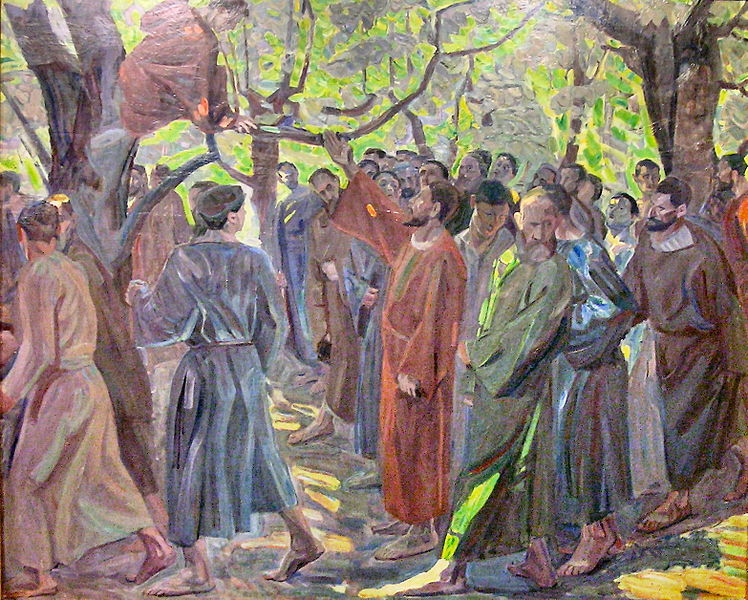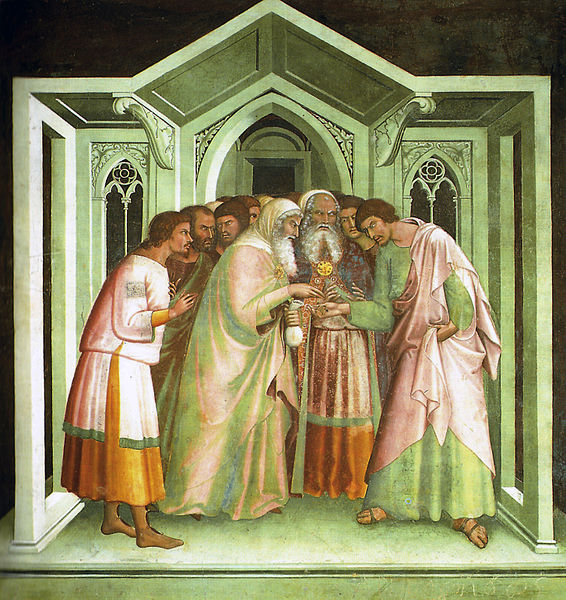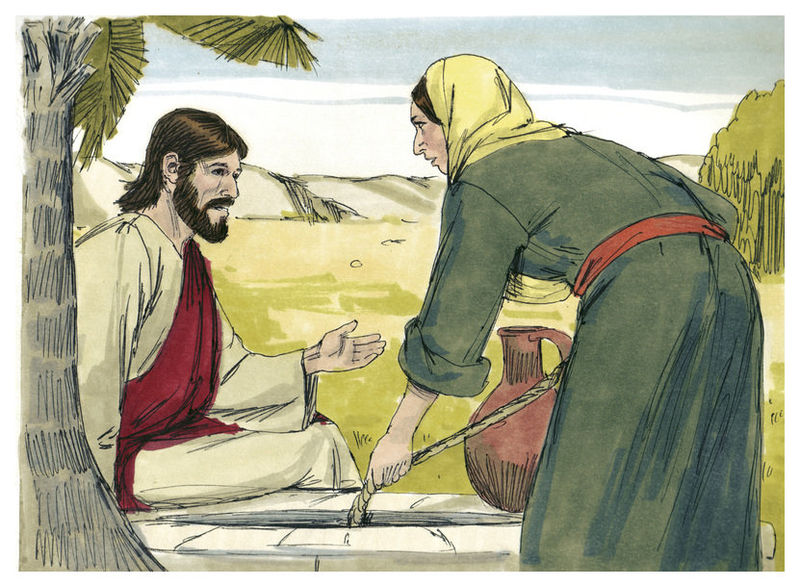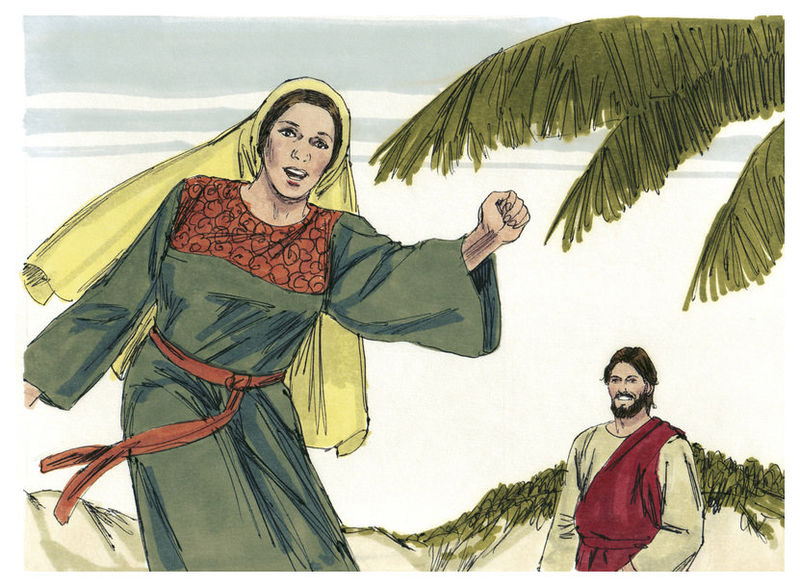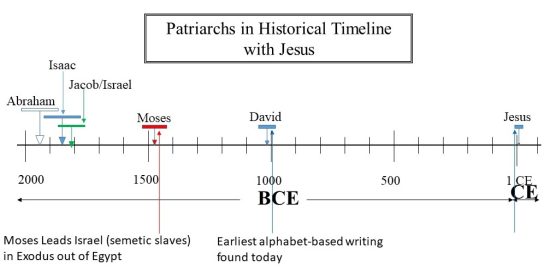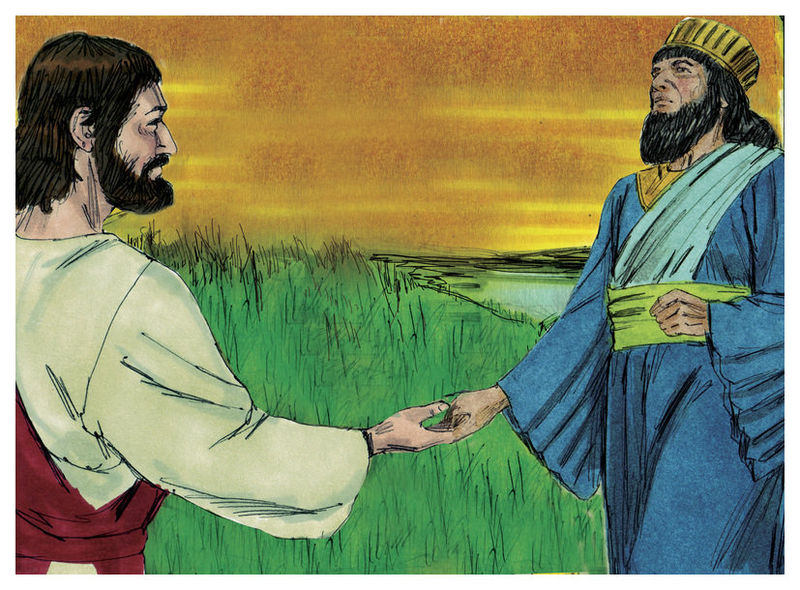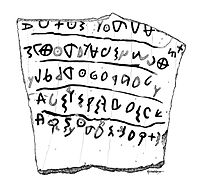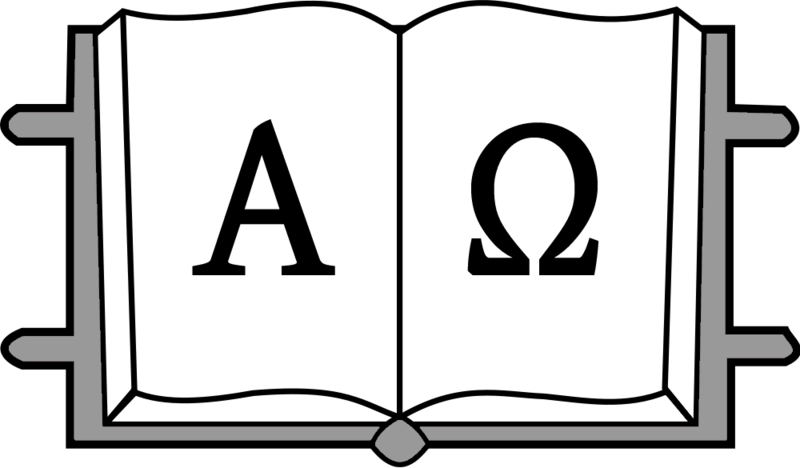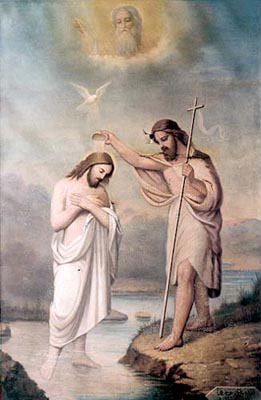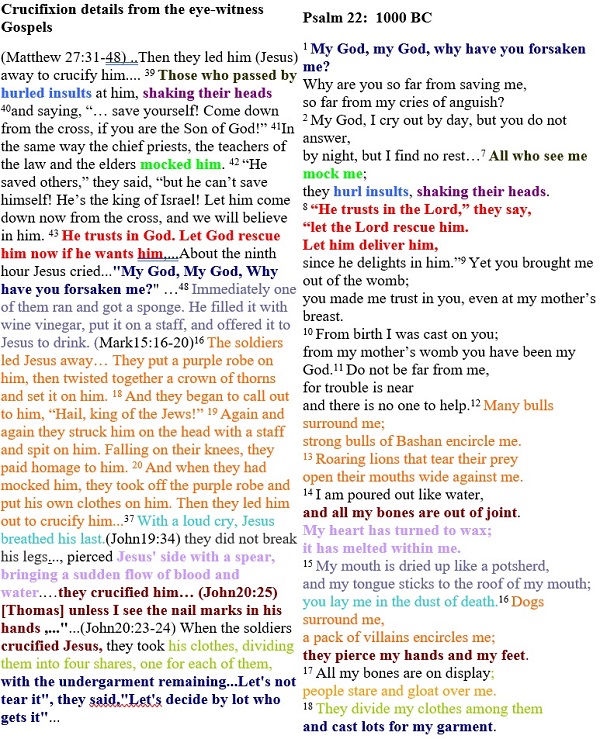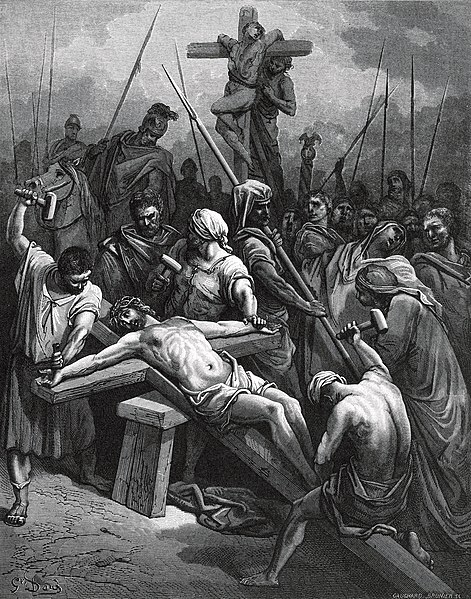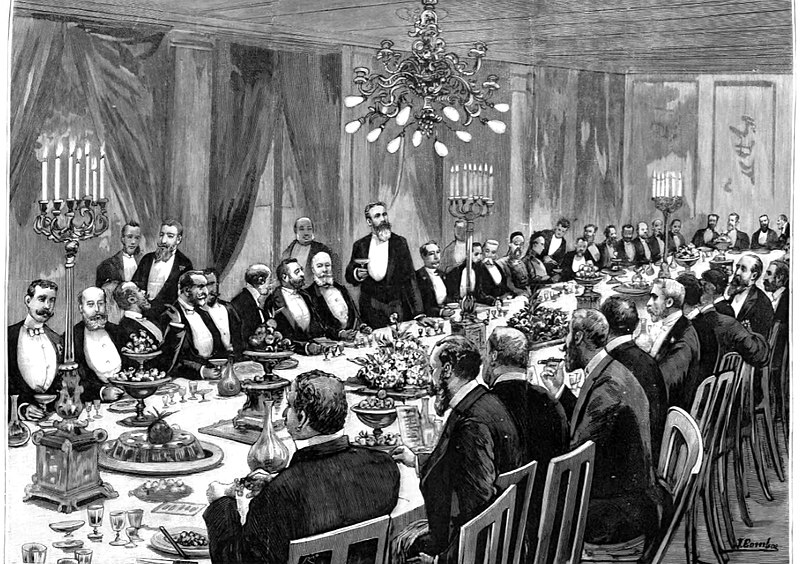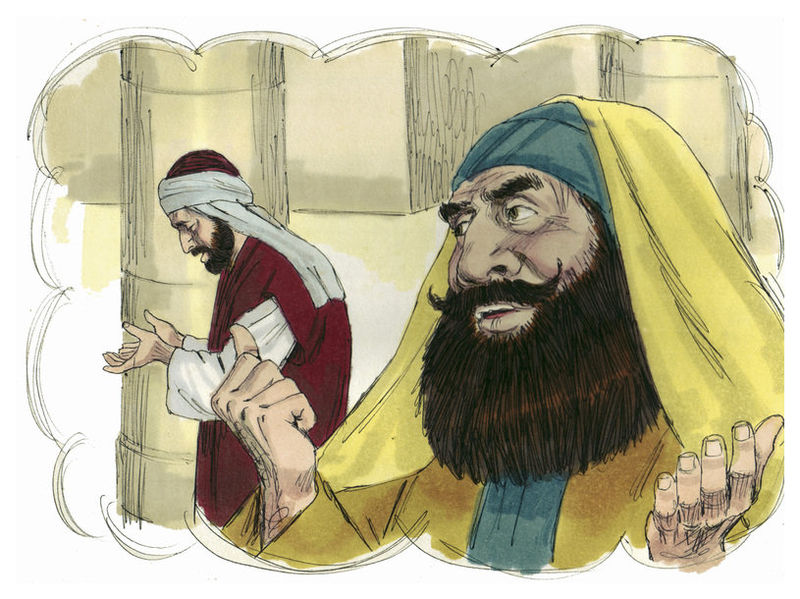The Books of Maccabees, found in the Apocrypha, vividly recounts the warfare waged by the Maccabees (Maccabeus) family against the Greek Seleucids. The Seleucids were trying to impose Greek pagan religion upon the Jews of Jerusalem in 168 BCE. Most of the historical information about this war comes from the First Book of Maccabees (1 Maccabees). It describes how the Seleucid Emperor, Antiochus IV Epiphanes, instigated a de-Judaizing of Judea.

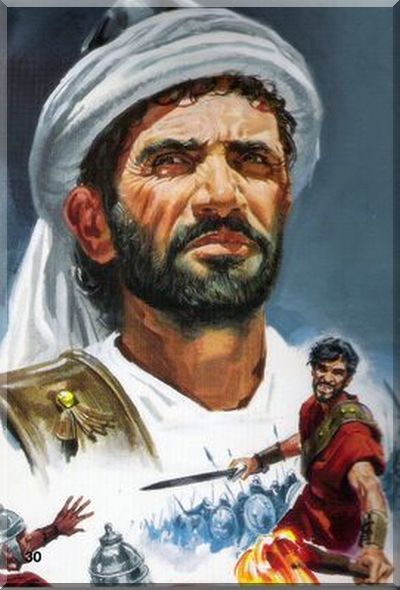
In 168 BCE Antiochus IV entered Jerusalem by force, killing thousands of Jews. Then he desecrated the Temple by mixing pagan religious practices with the Temple worship handed down by Moses. Antiochus IV forced Jews to also adopt pagan practices by sacrificing and eating pigs, desecrating the Sabbath, and forbidding circumcision.
Matthias Maccabees, a Jewish Priest, and his five sons then rose in revolt against Antiochus IV, adopting a successful guerrilla warfare campaign. After Matthias died, one of his sons, Judas (The Hammer) Maccabees led the war. Judas was very successful because of his brilliant military planning, bravery, and prowess in physical battle. He eventually forced the Seleucids to retreat. So the region around Jerusalem was briefly independent of the Hasmonean dynasty until the Romans took control. The Jewish festival Hanukkah today commemorates the winning back and cleansing of the Jewish temple from Antiochus IV’s defilement.
Zealous Jews going to war for the Temple
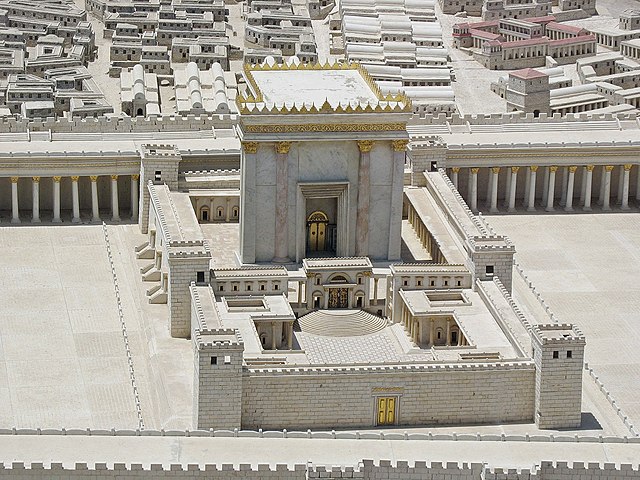
Religious convictions about the Temple, strong enough to go to war for, have been part of Jewish heritage for 3000 years. Josephus and Bar Kochba are well-known historical Jewish figures who waged war to preserve the purity of the Jewish Temple. Still today, some Jews risk conflict and battle to pray at the Temple Mount.
Like the Maccabees, Jesus was also very zealous for the Temple and its worship. He was zealous enough to also go to war over it. However, how he engaged in his warfare, and who he fought, was very different than the Maccabees. We have been looking at Jesus through his Jewish lens and we look now at this warfare and opponent. Later we see how the Temple figured into this struggle.
Triumphant Entry
Jesus had revealed his mission by raising Lazarus and now he was on his journey to Jerusalem. The way he would arrive had been prophesied hundreds of years before. The Gospel explains:
12 The next day the great crowd that had come for the festival heard that Jesus was on his way to Jerusalem. 13 They took palm branches and went out to meet him, shouting,
“Hosanna!”
“Blessed is he who comes in the name of the Lord!”
“Blessed is the king of Israel!”
14 Jesus found a young donkey and sat on it, as it is written:
15 “Do not be afraid, Daughter Zion;
see, your king is coming,
seated on a donkey’s colt.”16 At first his disciples did not understand all this. Only after Jesus was glorified did they realize that these things had been written about him and that these things had been done to him.
17 Now the crowd that was with him when he called Lazarus from the tomb and raised him from the dead continued to spread the word. 18 Many people, because they had heard that he had performed this sign, went out to meet him. 19 So the Pharisees said to one another, “See, this is getting us nowhere. Look how the whole world has gone after him!”
John 12: 12-19
Jesus’ Entry – according to David

Starting with David, ancient Israelite kings would annually mount their royal horse and lead a procession into Jerusalem. Likewise, Jesus re-enacted this tradition when he entered Jerusalem riding a donkey on the day now known as Palm Sunday. The people sang the same song from the Psalms for Jesus as they had done for David:
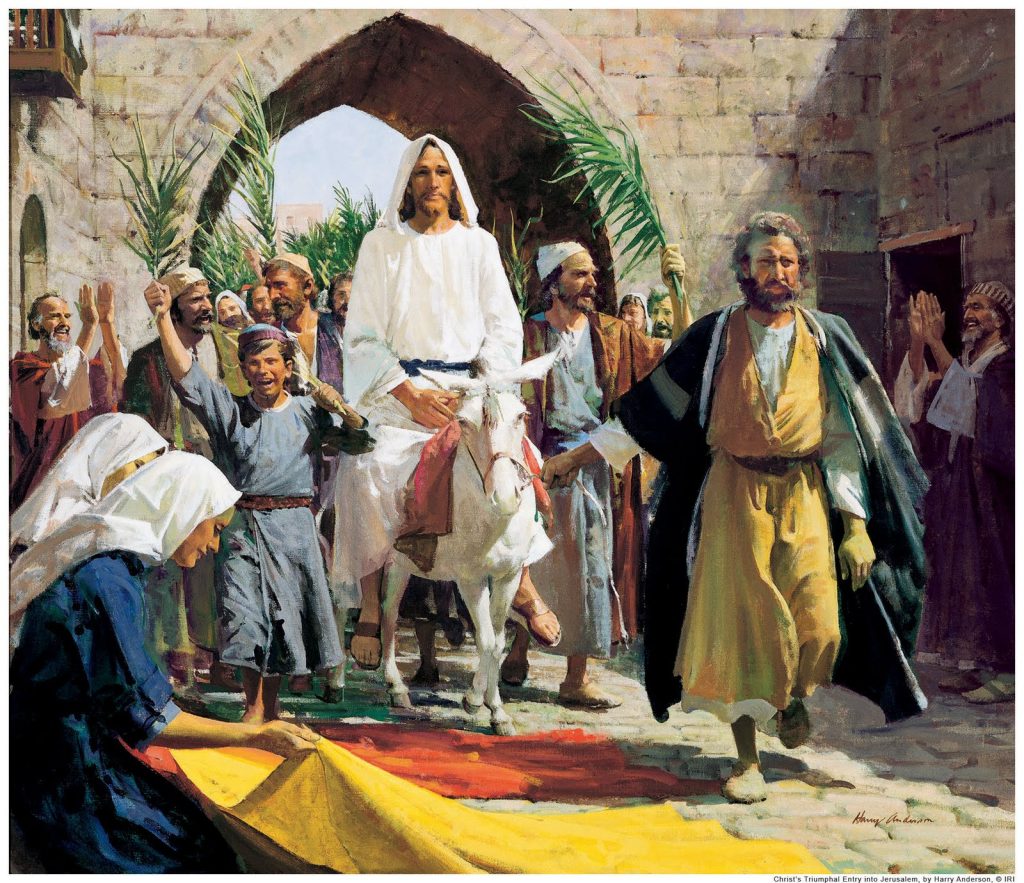
25 Lord, save us!
Lord, grant us success!26 Blessed is he who comes in the name of the Lord.
Psalm 118:25-27
From the house of theLord we bless you.
27 The Lord is God,
and he has made his light shine on us.
With boughs in hand, join in the festal procession
up to the horns of the altar.
The people sang this ancient song written for the Kings because they knew Jesus had raised Lazarus. So they were excited at his arrival into Jerusalem. The word they shouted, ‘Hosanna’ meant ‘save’ – exactly as Psalm 118:25 had written long before.
But what was he going to ‘save’ them from?
The prophet Zechariah tells us.
The Entry Prophesied by Zechariah
Though Jesus re-enacted what the former kings had done hundreds of years earlier, he did it differently. Zechariah, who had prophesied the coming Christ’s name, had also prophesied that the Christ would enter Jerusalem mounted on a donkey.

The Gospel of John quoted part of that prophesy above (it is underlined). Zechariah’s complete prophecy is here:
9 Rejoice greatly, Daughter Zion!
Zechariah 9:9-11
Shout, Daughter Jerusalem!
See, your king comes to you,
righteous and victorious,
lowly and riding on a donkey,
on a colt, the foal of a donkey.
10 I will take away the chariots from Ephraim
and the warhorses from Jerusalem,
and the battle bow will be broken.
He will proclaim peace to the nations.
His rule will extend from sea to sea
and from the River to the ends of the earth.
11 As for you, because of the blood of my covenant with you,
I will free your prisoners from the waterless pit.
The Coming King will fight … who?
This King prophesied by Zechariah would be different from all other kings. He would not become King by using ‘chariots’, ‘warhorses’, and ‘battle bows’. This King would remove these weapons and would instead ‘proclaim peace to the nations’. However, this King would still have to struggle to defeat an enemy. He would have to fight in a war to the death.
The Final Enemy – Death Itself
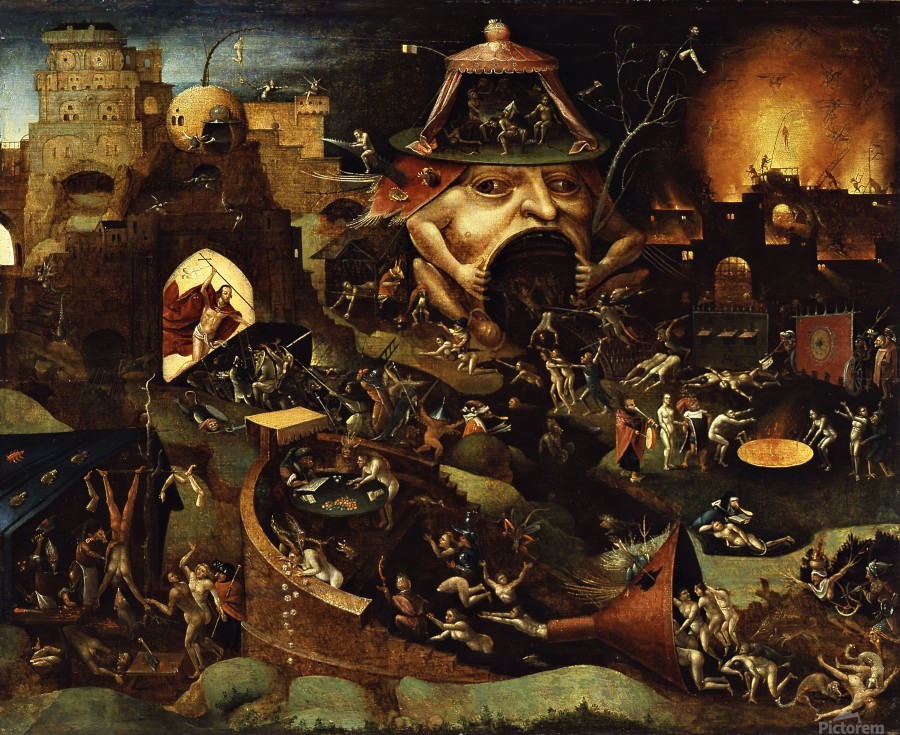
When we speak of saving people from death we mean saving someone so that death is delayed. We may, for example, rescue someone who is drowning, or provide some medicine that saves someone’s life. This ‘saving’ only postpones death because the saved person will die later. But Zechariah was not prophesying about saving people ‘from death’ but about rescuing those imprisoned by death – those already dead. This King prophesied by Zechariah to come on a donkey was to face and defeat death itself– freeing its prisoners. This would require an enormous struggle.
So what weapons was the King going to use in this struggle with death? Zechariah wrote that this King would only take “the blood of my covenant with you” to his battle in ‘the pit’.1 Thus, his blood would be the weapon with which He would face death.
By entering Jerusalem on the donkey Jesus declared himself to be this predicted King – the Christ.
Why Jesus weeps with sorrow
When Jesus entered Jerusalem on Palm Sunday (also known as the Triumphant Entry) the religious leaders opposed him. The Gospel of Luke describes Jesus’ response to their opposition.
41 As he approached Jerusalem and saw the city, he wept over it 42 and said, “If you, even you, had only known on this day what would bring you peace—but now it is hidden from your eyes. 43 The days will come upon you when your enemies will build an embankment against you and encircle you and hem you in on every side. 44 They will dash you to the ground, you and the children within your walls. They will not leave one stone on another, because you did not recognize the time of God’s coming to you.”
Luke 19:41–44
Jesus said specifically that the leaders should have ‘recognized the time of God’s coming’ on ‘this day’. What did he mean? What had they missed?
The Prophets had Predicted ‘the Day’
Centuries before, the prophet Daniel had prophesied that Christ would come 483 years after the decree to rebuild Jerusalem. We had calculated Daniel’s expected year to be 33 CE– the year that Jesus entered Jerusalem on a donkey. Predicting the year of the entry, hundreds of years before it happened, is astonishing, but we can even calculate his arrival on the day. (Please review here first as we build on it).

The Length of Time
The prophet Daniel had predicted 483 years using a 360-day year before the revealing of the Christ. Accordingly, the number of days is:
483 years * 360 days/year = 173 880 days
But in terms of the modern international calendar with 365.2422 days/year this is 476 years with 25 extra days. (173 880/365.24219879 = 476 remainder 25)
The Countdown Starts
When was the decree to restore Jerusalem which started this countdown? It was given:
In the month of Nisan in the twentieth year of King Artaxerxes …
Nehemiah 2:1
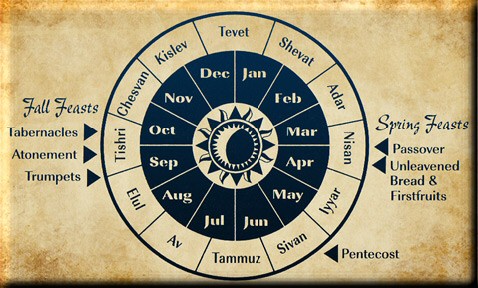
Nisan 1 began their New Year, giving reason for the King to talk to Nehemiah in the celebration. Nisan 1 would also be marked by a new moon since their months were lunar. Astronomical calculations place the new moon of Nisan 1 of the 20thyear of Persian Emperor Artaxerxes at 10 PM on March 4, 444 BCE in our modern calendar.2
The Countdown Ends…
So adding the 476 years of Daniel’s prophesied time to this date brings us to March 4, 33 CE. (There is no year 0, the modern calendar going from 1BCE to 1 CE in one year). The Table summarizes the calculations.
| Start year | 444 BCE (20th year of Artaxerxes) |
| Length of time | 476 solar years |
| Expected arrival in Modern Calendar | (-444 + 476 + 1) (‘+1’ because there is no 0 CE) = 33 |
| Expected year | 33 CE |
…to the Day
Adding the 25 remaining days of Daniel’s prophesied time to March 4, 33 CE gives us March 29, 33 CE. This is shown in the table and illustrated in the timeline below.
| Start – Decree Issued | March 4, 444 BCE |
| Add the solar years (-444+ 476 +1) | March 4, 33 CE |
| Add the remaining 25 days | March 4 + 25 = March 29, 33 CE |
| March 29, 33 CE | Palm Sunday Entry of Jesus to Jerusalem |
March 29, 33 CE, was Sunday– Palm Sunday– the very day that Jesus entered Jerusalem on the donkey, claiming to be the Christ.
By entering Jerusalem on March 29, 33 CE, seated on a donkey, Jesus fulfilled both the prophecy of Zechariah and the prophecy of Daniel – to the day.

These many prophecies fulfilled on one day indicates the signs God used to identify His Christ. But later that same day Jesus fulfilled yet another prophecy from Moses. In doing so he set in motion the events leading to his struggle with the ‘pit’ – his enemy death. We look at this next.
- Some examples on how ‘pit’ meant death for the prophets:
15 But you are brought down to the realm of the dead,
Isaiah14:15
to the depths of the pit.
18 For the grave cannot praise you,
Isaiah38:18
death cannot sing your praise;
those who go down to the pit
cannot hope for your faithfulness.
22 They draw near to the pit,
Job33:22
and their life to the messengers of death.
8 They will bring you down to the pit,
Ezekiel28:8
and you will die a violent death
in the heart of the seas.
23 Their graves are in the depths of the pit and her army lies around her grave. All who had spread terror in the land of the living are slain, fallen by the sword.
Ezekiel32:23
3 You, Lord, brought me up from the realm of the dead;
Psalm30:3
you spared me from going down to the pit.
2. For conversions between ancient and modern calendars (e.g. Nisan 1 = March 4, 444BC) and calculations of ancient new moons see Dr. Harold W. Hoehner’s, Chronological Aspects of the Life of Christ. 1977. 176pp.








